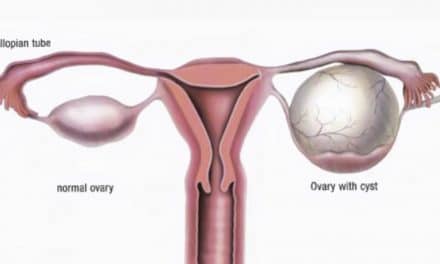What is Anorexia?
Anorexia is an eating disorder with an obsession with weight loss, refusing to eat, and where starvation affects the personality. It is also associated with bulimia. Anorexia is more common for teenaged girls in developed countries.
For bulimia and anorexia, the main causes are understood to be a fear of becoming overweight, an obsession with body fat, and a fixation with perfection.
An anorexic may see themselves as fat, obsessed with death and exercise.
Recent studies suggest that a zinc deficiency plays a role in the perpetuation of bulimia and anorexia.
Complications of Anorexia
- nutritional deficiencies, especially zinc
- food allergies
- imbalances of amino acid
Symptoms of Anorexia
- wasting of the body, especially muscle tissue
- menstruation stops, sexual development stops
- yellow, dry skin
- dull hair
- low blood pressure
- low weight
- anemia
- sensitivity and pain to touch
- disturbed sleep
- obsession with death
- overly concerned with exercise and remaining fit
- manipulative personality, desire to be center of attention, social isolation
Alternative Treatments for Anorexia
Diet for Anorexia
- Eat whole foods, with regular eating patterns, adequate protein sources, high in fiber.
- IV feeding, if necessary
Nutritional Therapy for Anorexia
100 – 120 ml per day of Zinc sulfate heptahydrate, a liquid form of the zinc supplement, has shown to be beneficial. It may take 2 weeks before symptoms start to improve.
Diagnosis of a zinc deficiency occurs with the inability to taste the zinc supplement, indicating the deficiency.
- Zinc
- Vitamin B12
- Vitamin D
- Vitamin E
Chiropractic Care for Anorexia
Along with changes in Diet, Nutritional Therapy, and other therapies, Chiropractic Care may help relieve anorexia symptoms.
- Balances hormone levels, adrenals
- Increased immunity
- Improves Allergies
- Improves gastrointestinal problems
- Improves depression, suicidal thoughts
Additional Therapies for Bulimia
These following therapies may be helpful for self-care and home care under professional supervision or a qualified health professional.
- Yoga
- Aromatherapy for anti-depression: bergamot, basil, chamomile, clary sage, lavender, neroli, ylang-ylang
- Constitutional hydrotherapy 2 – 5 times per week
- Naturopathic Medicine – zinc
- Biofeedback Training
- Hypnotherapy
- Magnetic Field therapy
- Traditional Chinese Medicine
Ayurveda Therapy:
- cardamom
- fennel
- fresh ginger – helps regulate digestion, stop vomiting
- bland diet
- no coffee, tea, stimulants
- calming – valerian, nutmeg, ashwagandha, sandalwood
- massage head, feet with sesame oil
I’m a biologist and health writer. I’m able to draw on my technical, science, business and journalism backgrounds when researching and creating content. I’ve managed a chiropractic office where I handled; HR, inventory control, and counseling, in addition to doing the patient education. I’m an experienced public speaker and I’ve helped built large communities of people interested in health and plant-based diets. My laboratory work includes genetic analysis and I also do the grant writing and administration, online fundraising and social media. In the past I was the team manager for invasive species field operations. I’m also a regular volunteer for international coastal cleanup.




